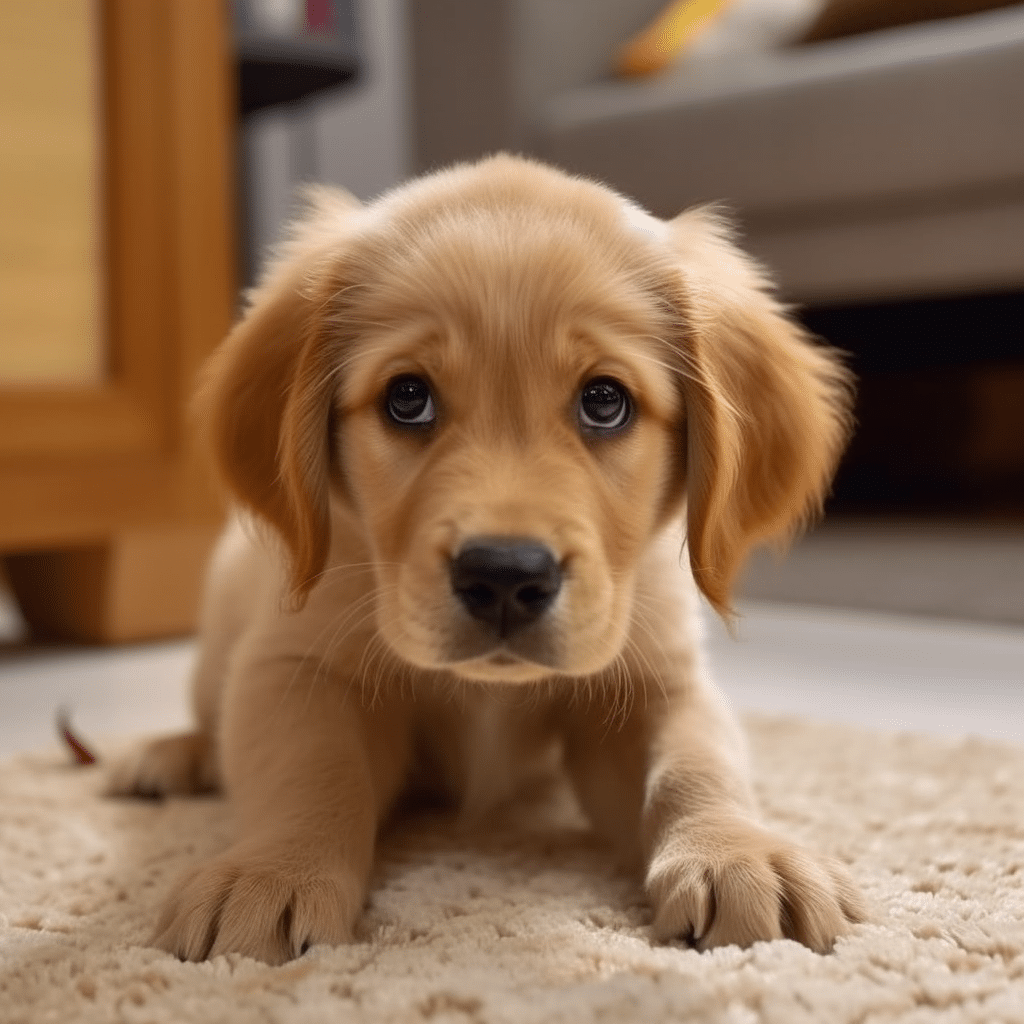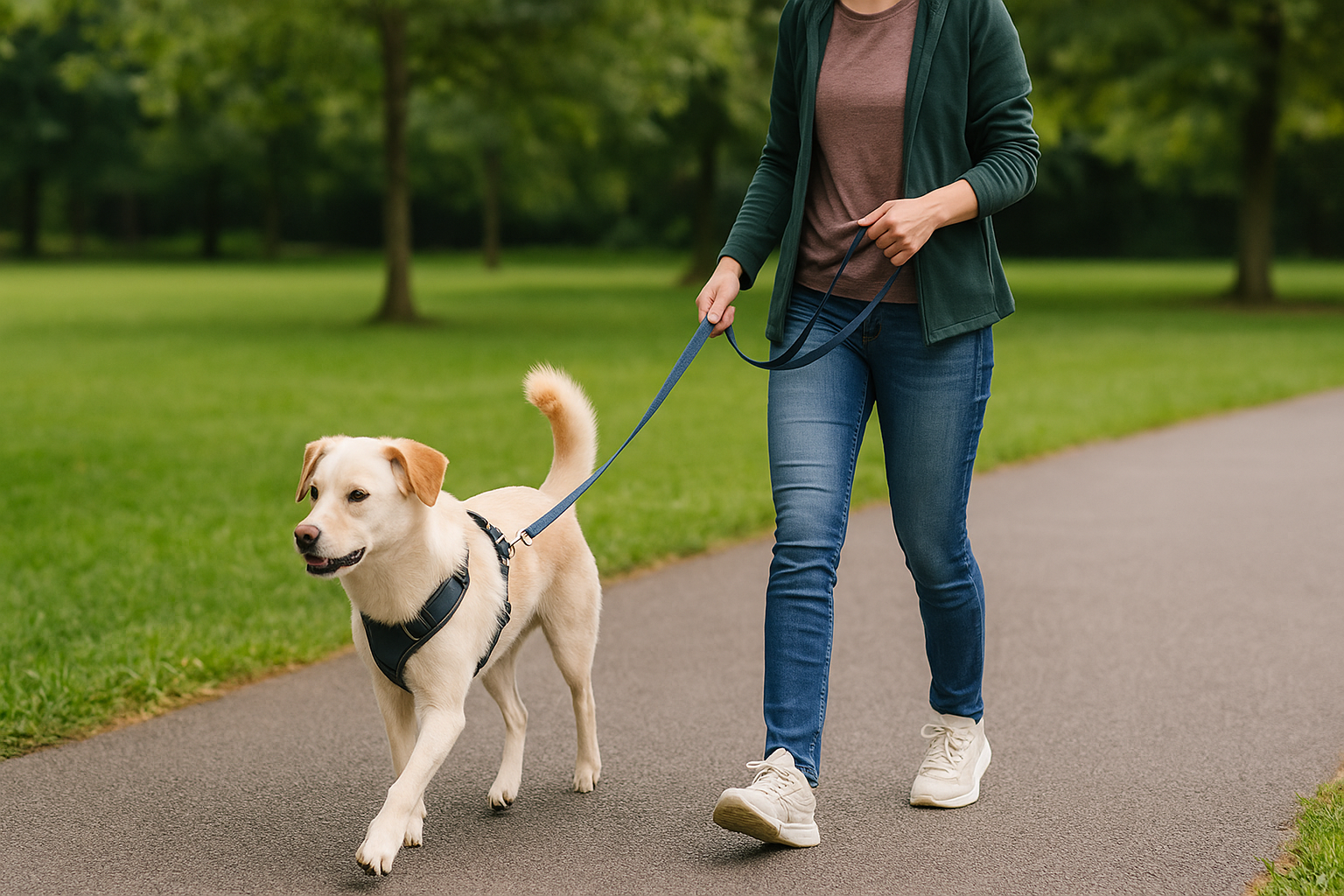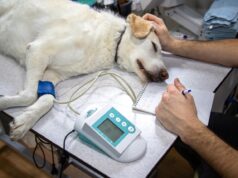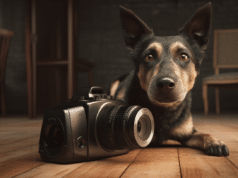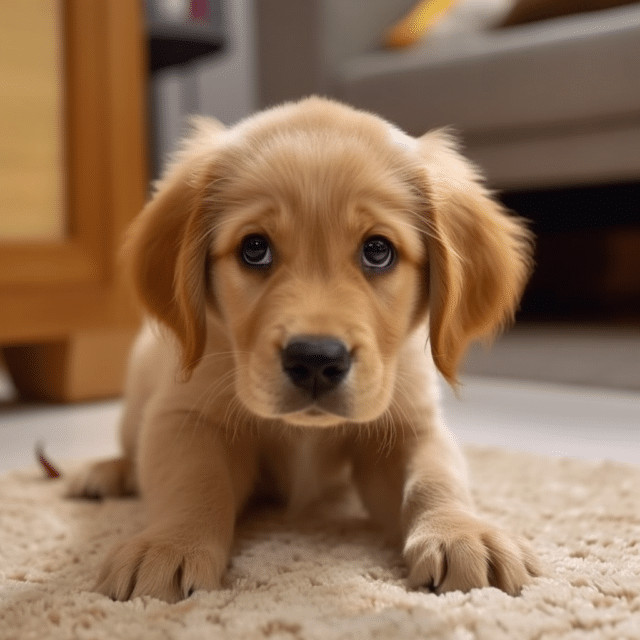
The Importance of House Training a Stubborn Puppy
Training your furry pal to obey house rules is important for a strong relationship. It can be tough, especially with stubborn pups – but investing time and patience in their house training can pay off in the long run. Here’s how you can teach your stubborn puppy to be a good housemate:
- Create a routine. Consistency is key.
- Keep an eye on them and take them outside often.
- Give treats and praises for good behaviour.
- Clean up accidents quickly and use deterrents like sprays or gates.
- Get professional training help, if needed.
Exercise and mental stimulation are also important. Following these guidelines will help grow the bond between you and your pup while creating a well-mannered companion.
Track the progress of house training by recording accidents, successes and setbacks. This can help identify behaviour patterns and address them during future training.
To show the importance of sticking to routines, one puppy owner succeeded only after setting up a strict schedule consistently for their pet’s toilet needs.
Be prepared with cleaning supplies and patience, because house training a stubborn pup is like teaching a teen responsibility.
Preparation Tips for House Training a Stubborn Puppy
To prepare yourself for house training a stubborn puppy with the sub-sections, Choosing the Right Potty Training Method, Establishing a Feeding Routine, and Identifying Your Puppy’s Bathroom Habits, you must have a solid plan in place. By following these preparation tips, you can set yourself and your puppy up for a successful and stress-free house training experience.
Choosing the Right Potty Training Method
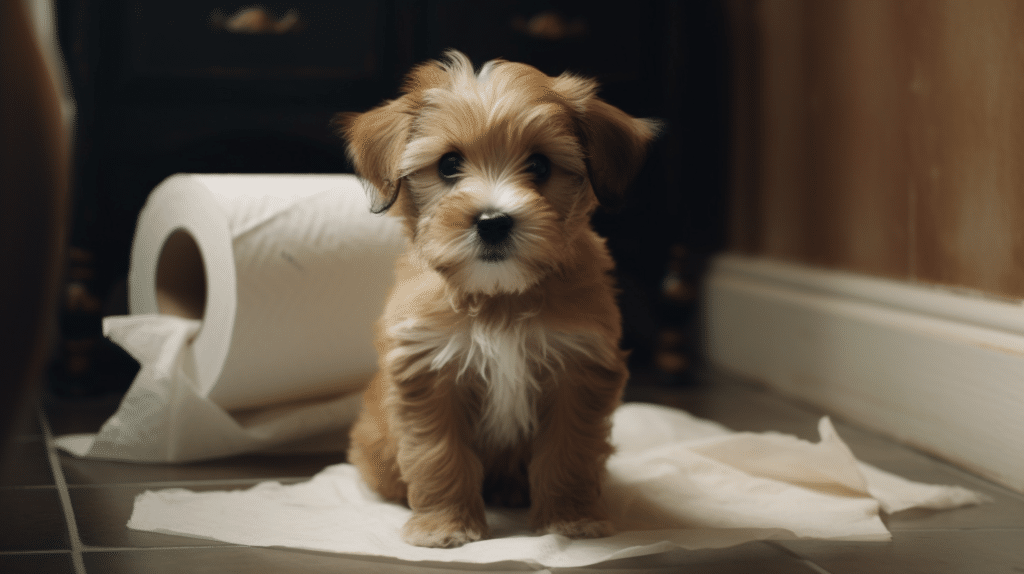 Selecting the right potty-training technique is essential when house-training a stubborn pup. Here are some tips:
Selecting the right potty-training technique is essential when house-training a stubborn pup. Here are some tips:
- Go for Positive Reinforcement: Pups react much better to rewards than punishment. So, use a method which rewards the pup when they use the right spot.
- Be Consistent: Consistency is vital for keeping the pup disciplined. Pick a schedule and make sure everyone follows it.
- Crate Train or Not: Crating can be terrific for limiting the pup’s unaccompanied movement and avoiding accidents if done correctly.
- Leash Training Can Work, Too: Leash walking is another good way to educate pups about where to do their business. This approach teaches them that this particular spot outside is for relieving themselves.
- Remain calm throughout the process. Don’t use harsh or physical actions if they make mistakes. Each dog learns at their own speed, so be patient and offer plenty of praise!
Feeding the pup at the same time every day sets up a routine and gives you an excuse to leave work early and take care of your chaotic furball.
Establishing a Feeding Routine
It’s key to make sure your puppy has a consistent feeding schedule. This helps with housebreaking and their overall health. For this, designate specific meal times, determine the right amount of food for their size, and stick to specific nutrition needs. Try not to give your pup table scraps or other human food.
Sticking to this routine prevents future frustrations. Your pup will eagerly await mealtimes and learn to pee/poop in the right spots. Remember: establishing a consistent routine early is vital, as it helps prevent bad habits. Otherwise, your puppy’s bathroom routine can be like playing Russian roulette – only with poop!
Identifying Your Puppy’s Bathroom Habits
Understand Your Puppy’s Toilet Habits. It’s key to house train. Knowing their habits can make it simple.
- Check their schedule.
- Look out for physical signs – like sniffing and restlessness.
- Track how often they go.
Be mindful of breed and age. Consistency and patience are a must.
Learning about habits is a great way to give customized care. Breed traits affect house training too. Dachshunds, for example, need more time, energy and effort.
Expect accidents – but hey, they’re cute!
Execution Tips for House Training a Stubborn Puppy
To successfully house-train your stubborn puppy, you need to execute the training tips with consistency, positive reinforcement, and patience. This section will explore solutions for your puppy’s house training. With these tips, you can establish good habits and behaviors for your furry friend in no time.
Consistency in Implementing the Method
Consistency is key in house training your pup. With a steady and organized approach, they can learn good habits for life. To ensure consistency, there are three steps.
- Schedule – Set alarms for regular feeding and toilet breaks. Puppies need frequent bathroom visits.
- Positive Reinforcement – Reward good behavior with treats or verbal affirmations like “good boy/girl.”
- Set Boundaries – Designate safe spaces in your home for eating, sleeping, relaxing, and playing.
Additionally, supervise your pup closely indoors. This is especially important in unfamiliar environments like Vet clinics or when visitors come.
Pro Tip: Patience is essential when training pets. Don’t get frustrated with slow progress; use positive reinforcement to encourage good behavior.
Positive Reinforcement
Positive reinforcement is a great way to train stubborn puppies. Give rewards, like treats and toys, after they display the desired behavior. It’s important to be consistent; reward them after each good action. Choose something your pup really loves to get the best results. Studies show this works on older dogs too! If you have trouble training, remember Rome and the Great Wall weren’t built in a day. They had their share of accidents too.
Patience and Persistence
Patience is key when training a stubborn pup. Be unwavering and serene – this journey requires consistency! Also, remember to reward good behavior and not just punish the bad. Adapting to your pup’s individual needs is important too. Don’t give up if one way doesn’t work.
Long-term success depends on dedication. Mistakes are like playing a game of Russian roulette but with poop instead of bullets! Stay diligent and trust will blossom between you and your pup.
Common House Training Mistakes to Avoid
When teaching your pup manners, avoid typical goof-ups. These can hold up the training. Here are some to dodge:
- No harsh discipline or physical punishment
- Stick to a routine for potty breaks
- Immediately praise good behavior
- Always supervise your pup
- Don’t limit their movement too much
- Notice when they need to go outside.
Be patient with your furry pal. They’ll make mistakes, and need time to learn proper behavior. Give them exercise, mental stimulation, and fun toys to help them grow properly.
Pro-tip: If your pet still doesn’t get it after numerous tries, ask a professional trainer for advice. Or… why train a stubborn puppy when you can just surrender and let them have the house?
Troubleshooting House Training Challenges for Stubborn Puppies
To troubleshoot house training challenges for stubborn puppies, we’ll guide you on tackling accidents during house training, and assist you in identifying the main reason for setbacks during the house training process.
Addressing Accidents
Stubborn puppies can be a challenge to house train. It’s important to remain calm and consistent when dealing with messes, and to use positive reinforcement to encourage desired behaviour. Establishing a routine for bathroom breaks and monitoring their food and water intake can help prevent accidents.
Confining them in crates or playpens is useful when you can’t supervise them, and provides them with a sense of security. Setbacks are normal, so stay patient and positive when training!
Identifying the Root Cause of Setbacks
Puppy house training needs extra attention. Analyze & diagnose undesired habits. Monitor behavior, unpleasant experiences, health & anxiety. Young puppies need more potty breaks. Patience is key! Some breeds take longer than others. Positive reinforcement helps. Credible vet resources are a must – medical backup for healthy puppies. PetMD states dogs pee 3-5 times a day based on breed & health. Get experts in – barking instructions won’t do it!
Seeking Professional Help
Struggling with house-training a puppy? Consider enlisting the help of a professional. A dog trainer or behaviorist can create a personalized plan and offer advice tailored to your pup’s needs. They may assess the environment, behaviors, and routines to identify the root cause of the problem.
Training methods and techniques can be tailored to your puppy’s breed, age, and personality. Regular progress evaluations can monitor development and modify the plan accordingly.
Find a qualified professional with experience in potty-training problems. Ask veterinarians or animal shelters for trusted recommendations.
Investing in timely and effective solutions can save money in the long-run. For example, one client found success consulting a specialist who gradually improved their rescue pup’s confidence – and their pup’s bladder control and behavior improved within weeks.
House-training a stubborn puppy is no easy feat – but getting professional help can make all the difference!
Maintenance Tips for Successful House Training of a Stubborn Puppy
House training a stubborn pup can be tough, but with persistence and patience, you can do it! Here are some tips:
- Build a routine. Feed, play and take them out at the same times each day.
- Use rewards and positive reinforcement. Praise and treat your pup when they do their business outside.
- Watch your pup carefully. Anticipate when they need to go outside. If you catch them peeing inside, say ‘no’ firmly and take them out immediately.
Be aware that every pup is different. It may take some time to teach them. Don’t lose hope or get mad if things don’t go as planned.
Don’t punish your pup if they have an accident indoors. ASPCA says this can damage the relationship between you and your pup. Instead, encourage good behaviour with treats or verbal cues like ‘good boy/girl.’
Frequently Asked Questions
Q: How long does it typically take to house-train a stubborn puppy?
A: House training can take anywhere from a few weeks to several months, even up to a year, for very stubborn puppies.
Q: What are some tips for house training a stubborn puppy?
A: Some tips include establishing a routine, rewarding good behavior, supervising your puppy, using positive reinforcement, and being patient.
Q: What do I do if my puppy continues to have accidents inside?
A: If your puppy continues to have accidents, don’t punish or scold them. Instead, try to figure out why the accidents are happening and adjust your approach accordingly.
Q: Can I use crate training to help house-train my puppy?
A: Yes, crate training can be an effective tool for house training. However, it’s important to ensure the crate is the appropriate size for your puppy and that you use positive reinforcement to encourage them to go inside. Check out our article on Everything You Need To Know About Dog Crates And Crate Training.
Q: Should I restrict my puppy’s water intake to help with house training?
A: No, it’s important to provide your puppy with plenty of water throughout the day. Restricting water can lead to dehydration and other health issues.
Q: What should I do if my puppy has an accident while I’m not home?
A: If your puppy has an accident while you’re not home, simply clean it up and move on. Punishing them later won’t help, as they won’t understand what they did wrong.

